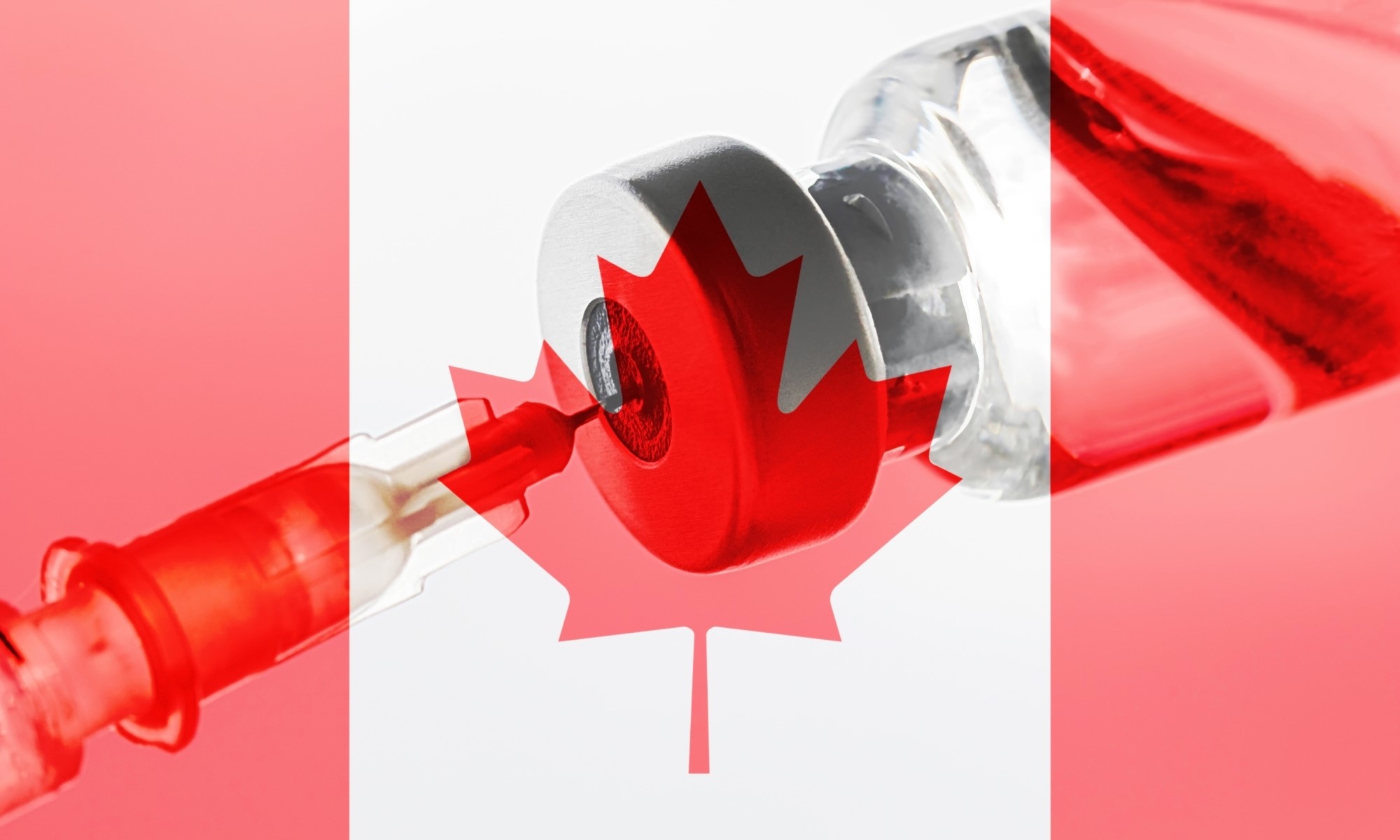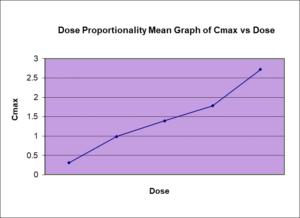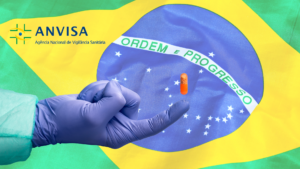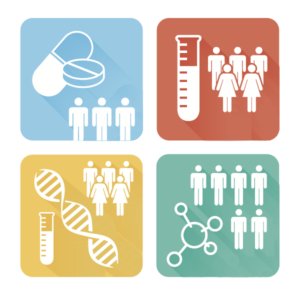Benefits Of Conducting Phase 1 Clinical Trials In Canada
Clinical trials are an essential component of evaluating products and services, including medications, medication combinations, new uses for existing medications, medical devices and more. Performed in multiple levels, or phases, they’re initiated by sponsors, such as research institutions, pharmaceutical companies and other entities, who take responsibility for developing the product.
Preclinical testing is followed by four phases to minimize risks to study participants from exposure to damaging agents and demonstrate efficacy. As noted by the United States Food and Drug Administration (FDA), preclinical testing is often significant and extensive, and positive results must be found in order to have a human trial approved. Most drugs that undergo this round of testing never even make it to human trial and review by the agency.

In the U.S., drug studies in humans are only allowed to begin after an Investigational New Drug Application (IND) is reviewed by the FDA and a local institutional review board (IRB). Sponsors must include the following in their IND:
- Data on animal studies and toxicity (side effects that cause great harm)
- Manufacturing information
- Clinical protocols (study plans) for studies to be conducted
- Data from any prior human research
- Information about the investigator
In Canada, sponsors are required to submit a clinical trial application (CTA) to Health Canada. Once the agency receives a CTA, its scientists review it to ensure drugs are used in the right way for the patients being studied; any risks in using the drug are reduced as much as possible; the best interests of the people taking part in the trial have been considered; the drug is manufactured appropriately; and the goals of the trial can be met.
Similarly, clinical trials conducted in Canada must follow Division 5 of the Food and Drug Regulations, along with Good Clinical Practices. The most current regulations under Division 5 were implemented to strengthen protections for human research subjects and increase research and development investment in clinical trials in Canada.
Features of Phase 1 clinical trials
Once preclinical testing is completed, clinical trial sponsors may move on to Phase 1 of clinical trials. This phase, which typically lasts several months, is usually conducted on 20-100 healthy volunteers or people with the disease/condition. Researchers in Phase I aim to find the safe dosage range of a new drug with the fewest side effects.
At the end of this phase, the results are collected and analyzed before being submitted to the appropriate regulatory agency. If approved, the sponsor can proceed with Phase 2, which is carried out to test drug efficacy and monitor any side effects. According to the FDA, approximately 70% of drugs that undergo Phase 1 move on to Phase 2.
It’s highly advantageous to collaborate with a contract research organization (CRO) with the vast experience, technical capabilities and talented personnel to run Phase 1 trials across many different therapeutic areas.
As a CRO with a large database that can perform high-volume studies and has sites in both the U.S. and Canada, BioPharma sponsors benefit from a one- or two-day turnaround time for lab data, resulting in quicker clinical decisions on the next ascending dose. This gives clients as much information as possible so that they can make the right decisions.
By offering a global network, CROs like BioPharma are familiar with drug markets around the world and able to conduct more complex studies. They have the expertise and equipment to bring challenging clinical trials in-house instead of sending some of the processes to an external site. When several sites are involved in a Phase 1 trial, it complicates the process and often necessitates separate ethics approvals onsite.
Benefits of conducting Phase 1 clinical trials in Canada
A reputable CRO stays up to date with industry regulations and can provide useful guidance about them to sponsors and other clients.
By far, the biggest advantage to using a company with a clinical trial site in Canada is shifting the FDA Investigational New Drug Application interaction until after you have gathered early phase clinical research data.
American regulations require sponsors to open an IND, but Canadian laws don’t necessitate such a protocol. Unlike in the U.S., Health Canada doesn’t recommend withdrawal of studies or perform clinical holds, which can be a death sentence for some companies. Instead of enduring the lengthy IND process in the U.S., sponsors can come to Canada and, once their clinical trial application is approved, they can begin and start producing data.
For many American clients, the primary appeal of a Canadian site is saving the extra time, effort and, in some cases, fees required by the FDA IND. They can get their individual studies approved more easily without needing to provide so much preclinical and manufacturing data, as the focus is less on the program as the safety of the protocol.
This enables companies to put off interacting with the FDA until a later date when they have more complete data. It shifts the conversation from what the FDA requires for a safe first in human study to what the expectations are for the Phase 2 studies. Furthermore, Health Canada is considered by many companies to be very accommodating, as it will offer recommendations for resubmission and work constructively to get a study approved.
In addition, with a study site in Toronto, BioPharma is able to utilize the city’s huge, diverse population, which provides access to a large sample of healthy volunteers who can participate in clinical trials. There are some financial benefits to using a CRO with a Canadian clinical site, as well.
At BioPharma, we conduct research studies across all medical disciplines and have extensive experience with Human Abuse Potential (HAP) assessment. In fact, our Chief Scientific Officer, Dr. John Oldenhof, has almost 20 years of pharmacology experience and has overseen more than 250 early phase and HAP and abuse deterrent assessment studies.
Dr. Oldenhof’s knowledgeable, hardworking team exemplifies BioPharma’s organizational culture as a small company that makes outsized impact. We have an industrious, entrepreneurial spirit and possess the nimble dexterity to adapt, pivot and problem-solve to suit client needs, delivering high-quality results quickly and accurately.
BioPharma Services has built a full suite of clinical solutions from Phase 1 to Bioequivalence Bioavailability services to assist our clients’ clinical drug development programs. Our clinical center in Toronto, Ontario have enabled sponsors to utilize resources in North America. To learn more about the services we provide and our talented management team, visit our website or contact us today.
Popular Posts
-
What are early phase clinical trials?
Clinical Trials are divided into 4 phases. Phase 1 and 2 trials constitute early phase trials, Phase 3 and 4 research studies are late-phase trials.
The primary objective of Phase 1 studies is to determine the correct drug dosage by evaluating drug safety and determining if there are any side effects. Phase 1 trials are conducted in healthy volunteers.
Phase 2 studies also study the safety of a drug but focus on evaluating its effectiveness. These studies can be conducted in healthy volunteers or in individuals who have a certain disease or condition.
-
What is a clinical trial?
A Clinical trial is a process which is performed to determine whether an investigational drug, device or therapy is safe and effective. In early phase research (i.e. Phases 1 and 2), the safety and effectiveness of the drug will be evaluated in healthy volunteers.
-
What is an investigational drug?
An investigational drug can also be called an experimental drug and is being studied to see if your disease or medical condition improves while taking it. Scientists are trying to prove in clinical trials:
- If the drug is safe and effective.
- How the drug might be used in that disease.
- How much of the drug is needed.
- Information about the potential benefits and risks of taking the drug.
-
Why do you need to take blood draws and how many blood draws will be required?
In order to evaluate the drug profile, we need to understand its pharmacokinetics. This is essentially how the body reacts to a drug after its administration through the mechanisms of absorption, distribution, as well as the metabolic changes. Therefore, blood draws are collected at various time points to better understand this mechanism. Each study requires a specific number of blood draws and total blood volume. These values will be provided to you and clearly stipulated in the informed consent form (ICF). The amount of blood that will be taken is outlined in the ICF.
-
Should I expect to experience any side-effects while doing studies?
As every study is testing an investigational product, there may be side effects. You will be provided with a list of side effects that have been reported in previous trials (if any), so you can make an informed decision whether or not to participate in the trial. During the trial you will be required to immediately inform clinic study staff of any adverse effects that you are experiencing. These side effects usually resolve upon discontinuation of the study drug.
-
Will I be compensated for doing a clinical study?
Volunteers are compensated and the amount varies depending on the length of the clinical trial, length of stay and number of follow-up visits. The compensation is not specifically related to the risks or type of drug involved in the trials or studies. Every study is different and therefore, the compensation will vary. Study volunteers may receive between $1000 to $4000 for a trial (based on the factors listed above).
-
Are food and accommodation provided over the course of the trial?
Food – Clinical trials are conducted in a controlled setting which means that all food is provided and trial volunteers receive standardised meals. Individual meal plans or meal preferences cannot be provided. If you have any food allergies or hypersensitivity to food product(s) that are clinically significant or life-threatening you may not be able to participate in a trial. Please contact us to discuss any food issues.
Accommodation – During your in-clinic stay you will share sleeping areas with other volunteers who are of the same gender. Similar to a hospital setting, supervision will be provided to ensure that your health and safety are being monitored.
-
What is the length of a study and do I have to complete all the visits?
Details of the duration of a study can be found on the Volunteer Hub.
-
What is informed consent and how is it carried out?
Before you decide whether or not to take part in a clinical research study, you will be required to read and understand the information provided in an Informed Consent Form (ICF). The ICF describes the clinical research study and the nature of the investigational product to be used, including:
- Your rights and responsibilities as a study participant.
- What you will be asked to do during study participation.
- The potential risks that you should be aware of.
During this process, you will have the opportunity to discuss and ask questions related to the conduct of the clinical research study with the study doctor/ study staff. You are under no obligation to participate and your decision to take part in a clinical trial is voluntary.
-
Can I bring my own device?
Yes, we encourage you to bring items that will help to pass the time while you are in the clinic. You can use the time to study or work or catch up on the movies you’ve been meaning to watch.
-
What do I need to pack?
Wondering what to pack before your site visit? Visit our Packing List page to learn more.
-
When do I receive compensation for taking part in a study?
You will receive compensation as outlined during the Informed Consent process. Typically, you will receive compensation once all study visits have been completed. If, for any reason, you do not complete all study visits, your compensation will be on a pro-rated basis (i.e. for the time that you have participated in the trial)
-
Where will I sleep during the clinical study?
We provide a clean, safe socially distance sleeping environment, in a dormitory of hotel room style. Watch video
-
Can I bring my own food?
All aspects of clinical trials are closely monitored including the food and drink consumed by participants. While you are in the clinic, you will be provided with all meals as per the study guidelines. You will need to eat all the food provided to ensure the guidelines are met. Watch video
-
Privacy
We respect and value the privacy of our volunteers. View our Privacy and Cookie Policy here.



